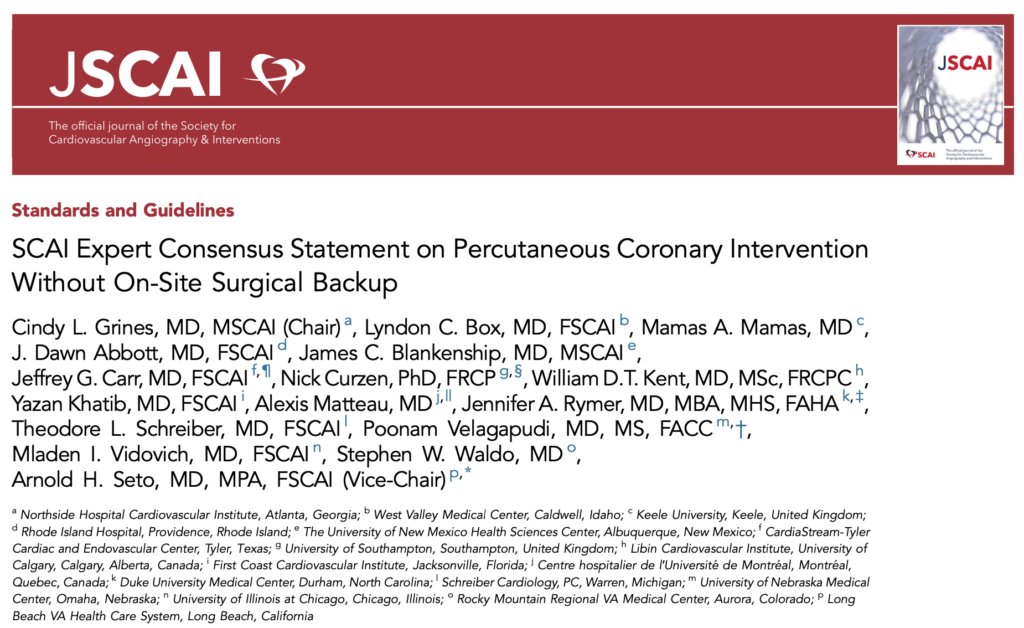Finally US interventional cardiology societies agree that percutaneous coronary intervention can be safely done in hospitals without surgical facilities. I have been advocating this for years, because we have achieved more than a fair bit of experience and the hardware too has evolved considerably.
I remember the days performing a coronary stenting procedure was considered a Mount Everest climbing feat without oxygen. I never understood the rationale behind the conservative mindset; maybe it was to retain some sort of monopoly. This was, however, at the cost of a patient.
India has a mammoth population ( probably the maximum on the planet) with sadly a large proportion vulnerable to acute coronary syndrome. The Pandemic has added to the cardiovascular sick pool when it put the entire population under house arrest for months. This was a humongous error.
It is well known that a sedentary life style is as dangerous a risk factor as is smoking, hence lockdowns have most certainly aggravated cardiovascular problems.
But now finally, according to a new expert consensus statement from the Society for Cardiovascular Angiography and Interventions (SCAI) percutaneous coronary intervention (PCI) is just as safe to perform at facilities without on-site surgical backup as it is at facilities with on-site surgical backup.
Performing PCI at facilities without surgery on site (SOS) was once believed to be associated with more risks for the patient, but interventional cardiologists have been performing the procedure for decades now, with outcomes improving more and more as time went by.
Till the 2014 statement, SCAI was conservative about recommendations on PCI minus SOS, due to the relatively limited amount of available data on PCI at facilities with no SOS. Now, however SCAI is clear that PCI at facilities with no SOS provided safe procedures and can provide substantial value.
As per a SCAI past president, “Elective PCI in no-SOS settings have increased in volume and complexity. Concurrently, there have been operators performing PCI in office- based laboratories (OBLs) and ambulatory surgery centers (ASCs) with positive outcomes. Thanks to improvement in PCI safety and several global studies in recent years, we now know that PCI at ASCs may improve access, patient satisfaction and reduce costs.”
The document, is published in full in the Journal of the Society for Cardiovascular Angiography and Interventions and JACC: Cardiovascular Interventions.
Crucially there are data from both randomized trials and large observational studies showing that PCI, even for increasingly complex cases, can be safely done at centres without surgical backup. Also the rate of emergency CABG has declined from from as high as 25% in the 1980’s to 0.1% now.
With improvements in rescue techniques, like ECMO, percutaneous ventricular assist devices (pVAD) such as Impella and covered stats for perforation, the need for emergency CABG has substantially declined.
The consensus statement defines operator experience, denoting “experienced” operators as those with 3 to 10 years of experience and “very experienced” operators as those with more. All should have prior practice in a cardiac facility with on-site surgery, be competent to use atherectomy devices, and be experienced in STEMI/shock situations, among other criteria.
There’s limited randomized trial evidence comparing PCI at centers with and without surgical backup, but the CPORT-E trial and MASS COMM studies show that treatment at both types of centers results in similar outcomes (both studies excluded primary PCI and patients with high-risk features). Observational analyses haven’t shown any clinically significant differences in outcomes of PCI at centers with and without surgery on-site, the writing group notes.
Good sense has finally prevailed.
The need for SOS during primary PCI was patently absurd, mercifully other acute coronary syndrome patients can also now receive commensurate treatment.
Percutaneous coronary intervention (PCI) is just as safe to perform at facilities without on-site surgical backup as it is at facilities with on-site surgical backup.
